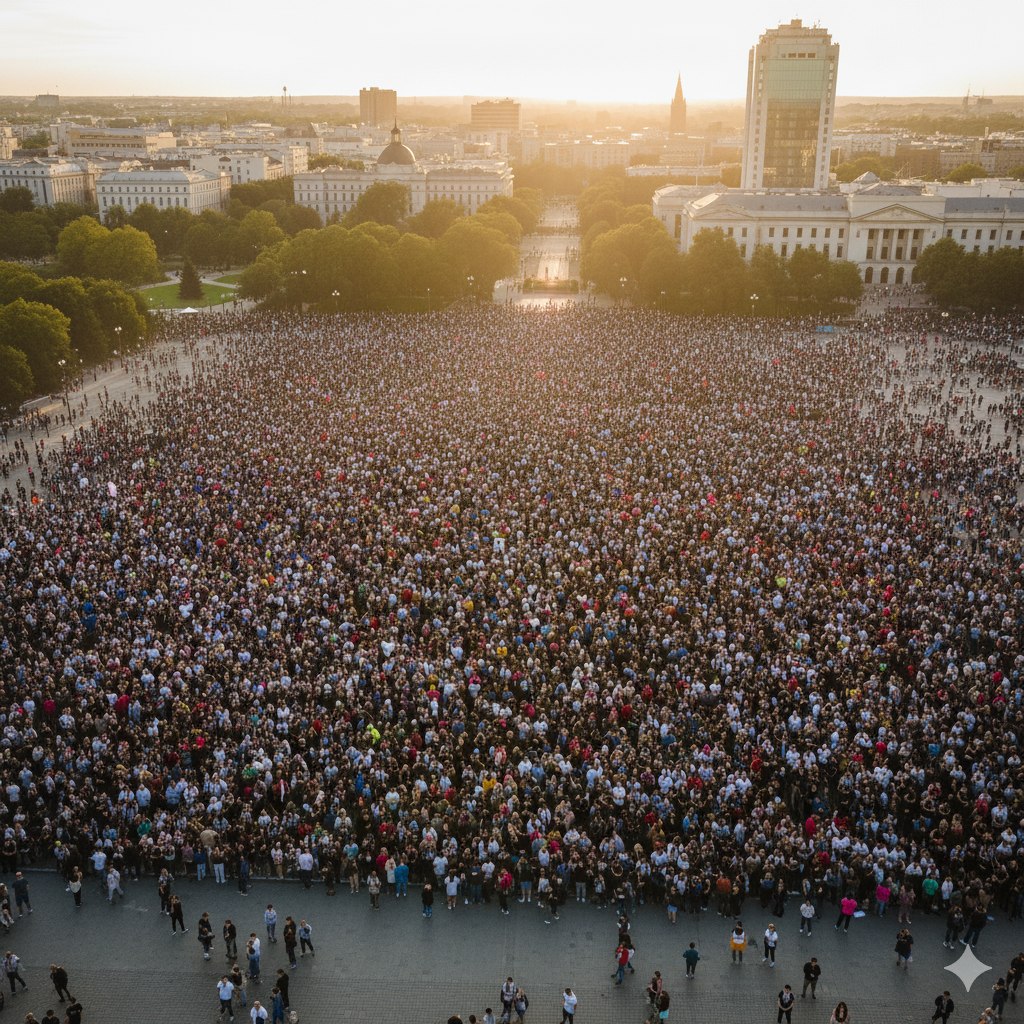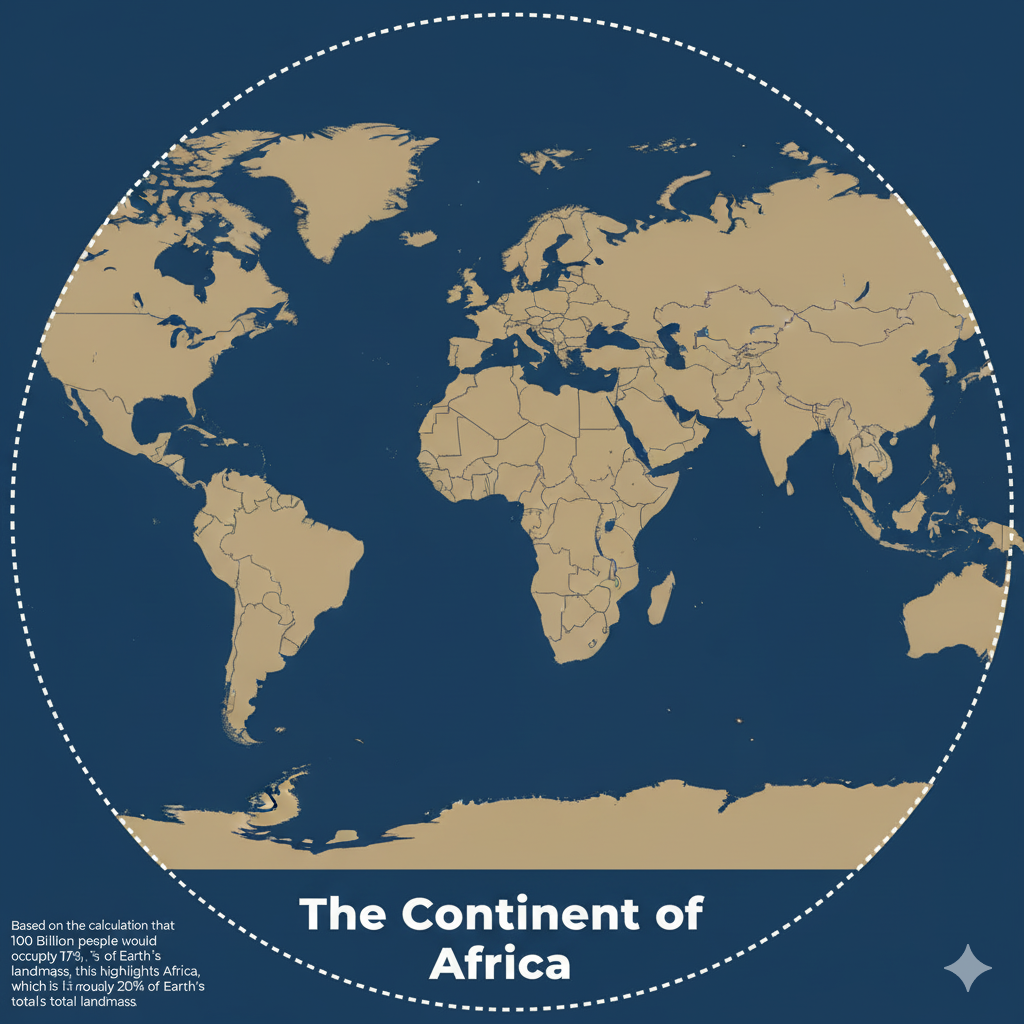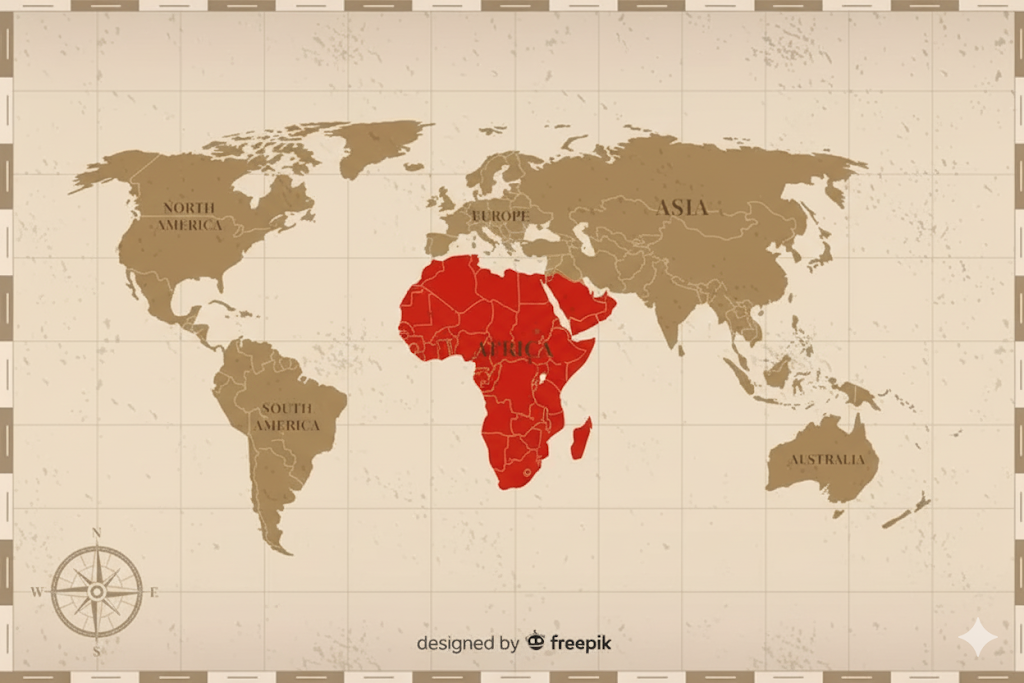Just some thoughts about our past
Not sure exactly what got me thinking about this topic, but I had the sudden interest about thinking about mankind's past. Apparently modern humans have "popped up" around 300,000 years ago.
The first modern humans, Homo sapiens, emerged around 300,000 years ago, based on fossil evidence from sites like Jebel Irhoud in Morocco. This date is supported by skeletal remains with modern human traits, such as a high forehead and small brow ridges, distinct from earlier hominins like Homo erectus. (Grok)
That's a really long time for us to comprehend. In fact, it's difficult to really grasp it with 10,000 years ago being around when our earliest megalithic sites like Göbekli Tepe were built. Now multiply that by 30...
However, when we look at the number of generations it took from all the way back then to present time it is only around 12,000. That is assuming an average of around 25 years per generation. So, if you go back to every e.g. father in your family tree there would have been only 12,000 fathers when counting one per generation. I tried to generate 12k so it is more graspable and GEN AI completely fails at this. In fact it is outright stupid. This is like the 5th image I tried to create and Grok gave up and simply stated that this is 12k bricks in total. Great...

Google Gemini did a better job (after 5 prompts) and if we assume that the depth of the stacks is a bit longer than the width this is actually 12k bricks in total.

If we try to realize this number in terms of people standing shoulder to shoulder we get something like this:

Not very much imo. To me this just shows how short our direct line of lineage is (again, only when we take one ancestor per generation). We can fit them all in a relatively small space.
By comparison, 12k generations for fruit flies would take only around 400 years! That is only 0.13% of the time. We'd only have around 16 generations of humans in that period.
But how many individuals would that include?
If we count all individuals as being unique ancestors we would get a number so large that it would far exceed the number of all atoms in the universe!
-
Each generation doubles the number of ancestors: 2 parents (generation 1), 4 grandparents (generation 2), etc.
-
So around 4.573 x 10^3612
In scientific notation that might look small, but it is essentially a number starting with 4.573 followed by 3,612 digits
So... 4,5730000000000000000000000000000000000000000000000000000000000000000000000000000000000000000000000000000000000000000000000000000000000000000000000000000000000000000000000000000000000000000000000000000000000000000000000000000000000000000000000000000000000000000000000000000000000000000000000000000000000000000000000000000000000000000000000000000000000000000000000000000000000000000000000000000000000000000000000000000000000000000000000000000000000000000000000000000000000000000000000000000000000000000000000000...
Obviously that is just theoretically speaking. Practically, humans are all related. It becomes quite an interesting thought to actually realize this. We are all related... just go back a couple of thousand generations and we essentially arrive at a same relative (this is probably much much shorter on average). Grok has this to say:
For 12,000 generations (300,000 years, back to the emergence of modern humans), your unique ancestors include:
Recent unique lineages (last few hundred generations). Shared ancient ancestors common to all humanity.
The actual number is bounded by historical population sizes and the total humans who ever lived, estimated at 105–117 billion (with 117 billion as a recent figure). This serves as an upper limit, as not every human who ever lived is in your direct ancestry (some lines died out without descendants). However, due to extensive relatedness and the IAP, your ancestry tree encompasses a vast portion of humanity's history, making the unique count on the order of tens to hundreds of billions—far smaller than the theoretical figure but still immense.
So everybody has around tens to hundreds of billions in their ancestry tree (essentially the total number of all humans that ever lived minus a couple of percentages I guess).
I asked AI how large a crowd of that size would be (a hundred billion people). And it said something like 17% of the world's surface. Africa is around 20%, so imagine people standing shoulder to shoulder together and filling almost all of Africa.
Of course GEN AI failed miserably at creating a world map and only highlighting Africa. Seems like the models still have a far way to go...

A bit better, but I had to manually upload a world map...

Conclusion
So what? I guess I was just a bit curious about some numbers. I find it interesting that the number of generations of modern humans seems so small but our ancestry tree is gigantic. Perhaps the take away message here is that in a sense we are still a young species (imagine the generations of fruit flies going back 300,000 years...). We are also all relatives. It's strange that humans so easily forget that. Just think of your cousins. Are they all close to you? I imagine most would say they are not. Yet you share a high percentage of your genes with them. The world would surely be a different place if we felt that bond more clearly.

⛅🌦🌧🌦🌧🌨☁🌩🌦⛅🌧☁🌤🌥🌪🌧🌨🌩⛅🌦☁🌤🌥🌤⛅🌤⛅🌦⛅

Check out the Love The Clouds Community if you share the love for clouds!
⛅🌦🌧🌦🌧🌨☁🌩🌦⛅🌧☁🌤🌥🌪🌧🌨🌩⛅🌦☁🌤🌥🌤⛅🌤⛅🌦⛅
